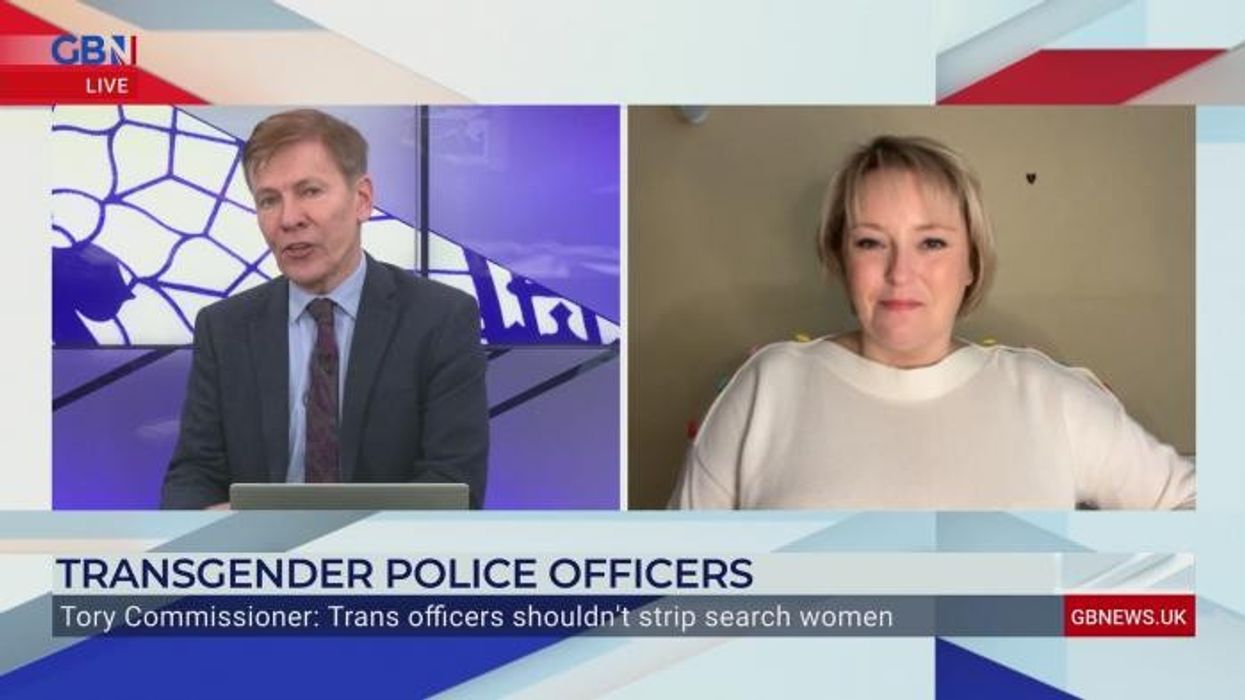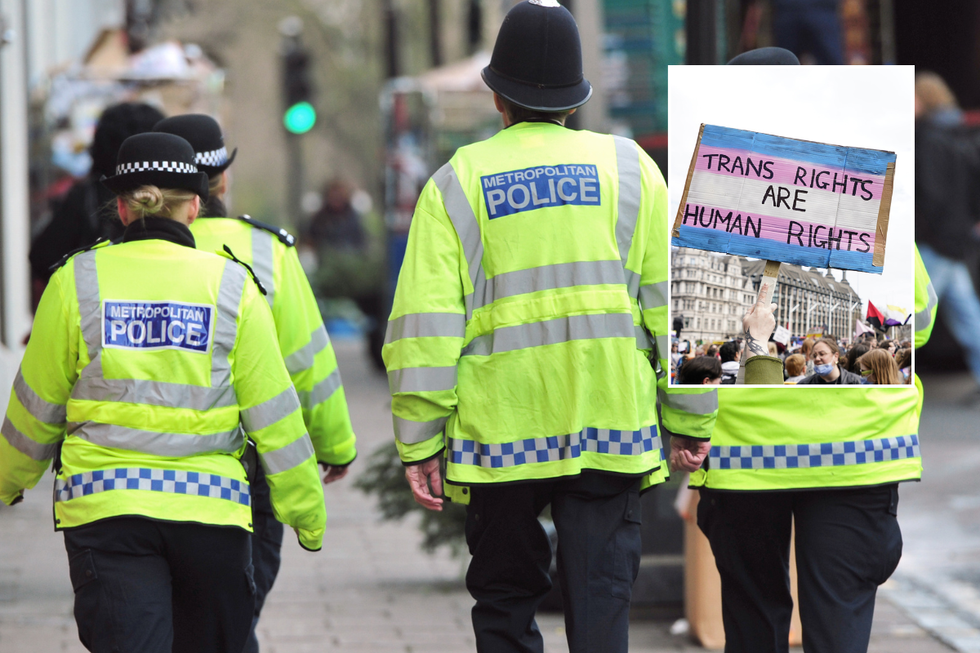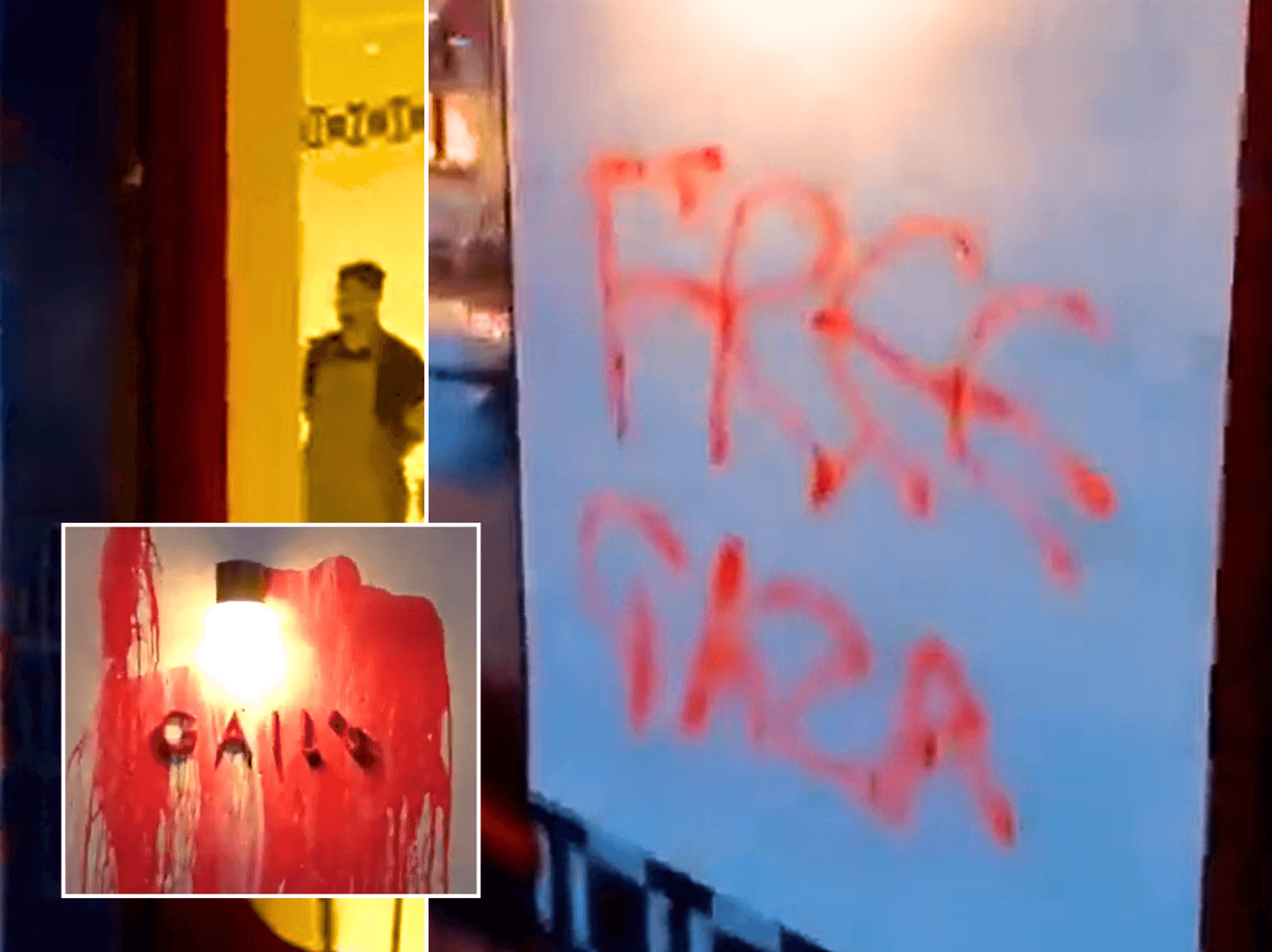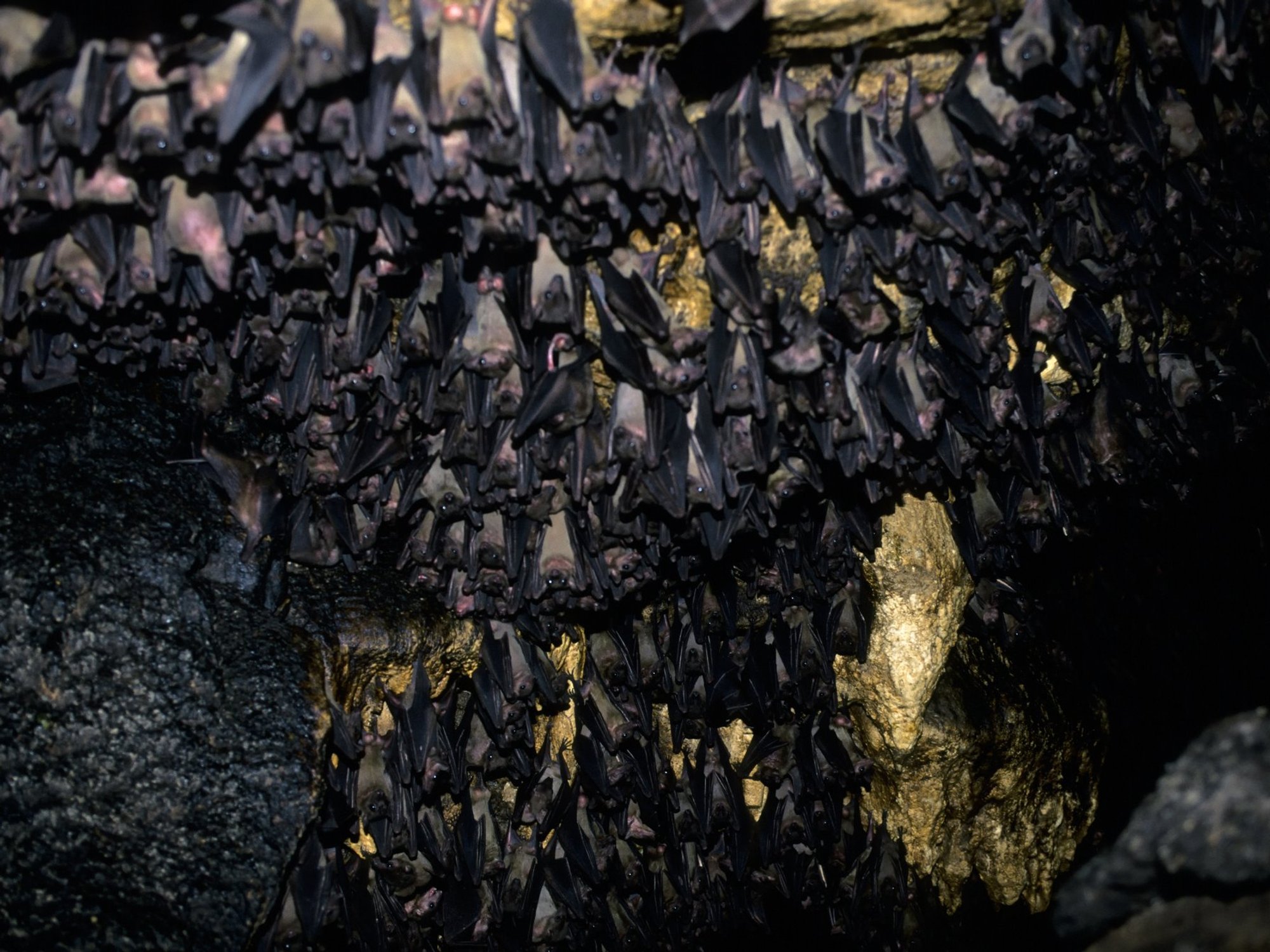Trans police officers banned from strip-searching women as campaigners celebrate scrapping of 'abominable policy'

WATCH: Andrew Pierce discusses trans police officers
|GB News

JK Rowling had accused police officers of 'dragging their heels' over the policy
Don't Miss
Most Read
Trending on GB News
Transgender police officers have been banned from carrying out strip-searches on female detainees under new guidance issued by the National Police Chiefs' Council (NPCC).
The directive stipulates that trans officers and staff can no longer conduct intimate or strip searches on detainees of the opposite sex.
Senior officers have been reviewing the implications of last month's UK Supreme Court judgment in relation to the scope of the Equality Act on sex and gender.
The NPCC's draft interim guidance makes clear that thorough police searches, such as those which expose intimate body parts, should be carried out by police officers of the same biological sex as the detained person.

Gender-critical campaigners welcomed the policy change
|Getty/PA
The NPCC had been under pressure after it was revealed their diversity lead had told forces the organisation would "not rush" to make changes following the Supreme Court ruling.
In the absence of national guidance, forces had been permitting transwomen officers to strip-search detainees of the opposite sex on a "case-by-case basis."
This prompted author JK Rowling to offer to fund legal action brought by women strip-searched by biological men who identify as women.
"So the police are dragging their heels on stopping males strip-searching females, which, as the Supreme Court ruling confirmed, was illegal all along," she wrote on X.
LATEST DEVELOPMENTS
- British Transport Police update strip search policy after landmark trans Supreme Court decision
- ‘The absolute hallmark gold standard of two-tier policing’: Extraordinary GB News rant as trans rights protest causes chaos
- Police launch urgent investigation into death threat signs seen during trans protest
 JK Rowling has spoken out on the trans debate for years | GETTY
JK Rowling has spoken out on the trans debate for years | GETTYThe ban was welcomed by campaigners, including Maya Forstater, chief executive of the human rights group Sex Matters, who said it was a relief the "abominable policy" had been scrapped.
Chief Constable Gavin Stephens, NPCC chairman, insisted the body had "moved at pace" to produce the policy.
He said they understood it was "important that officers and staff have guidance on how searches should be conducted in light of the Supreme Court ruling".
However, Forstater was among those expressing alarm at a caveat in the guidance that would still allow opposite sex strip-searches in "very limited exceptions".
While trans officers may no longer conduct such searches, the NPCC's interim guidance still allows for trans detainees to request a search by someone who shares their gender identity.
This means a trans-identifying male could still be strip-searched by a female officer if both give written consent and an authorising officer approves.
Forstater warned the exception had "no legal basis" and added: "Female police officers should not be pressured or coerced into searching men who identify as women."
Cathy Larkman, a retired superintendent and director of the Women's Rights Network, called the exception "disturbing" and cited the Police and Criminal Evidence Act 1984, which states officers "may not" conduct intimate or strip-searches on "a person of the opposite sex".
The NPCC defended the new guidance, saying it is lawful and reflects existing practice.
A spokesman said: "The interim guidance is based on legal advice and has been developed after seeking views across policing as well as those of other agencies.
"It reflects working practice which already happens every day across policing, where officers and detainees make requests about searches for a multitude of reasons."
More From GB News










